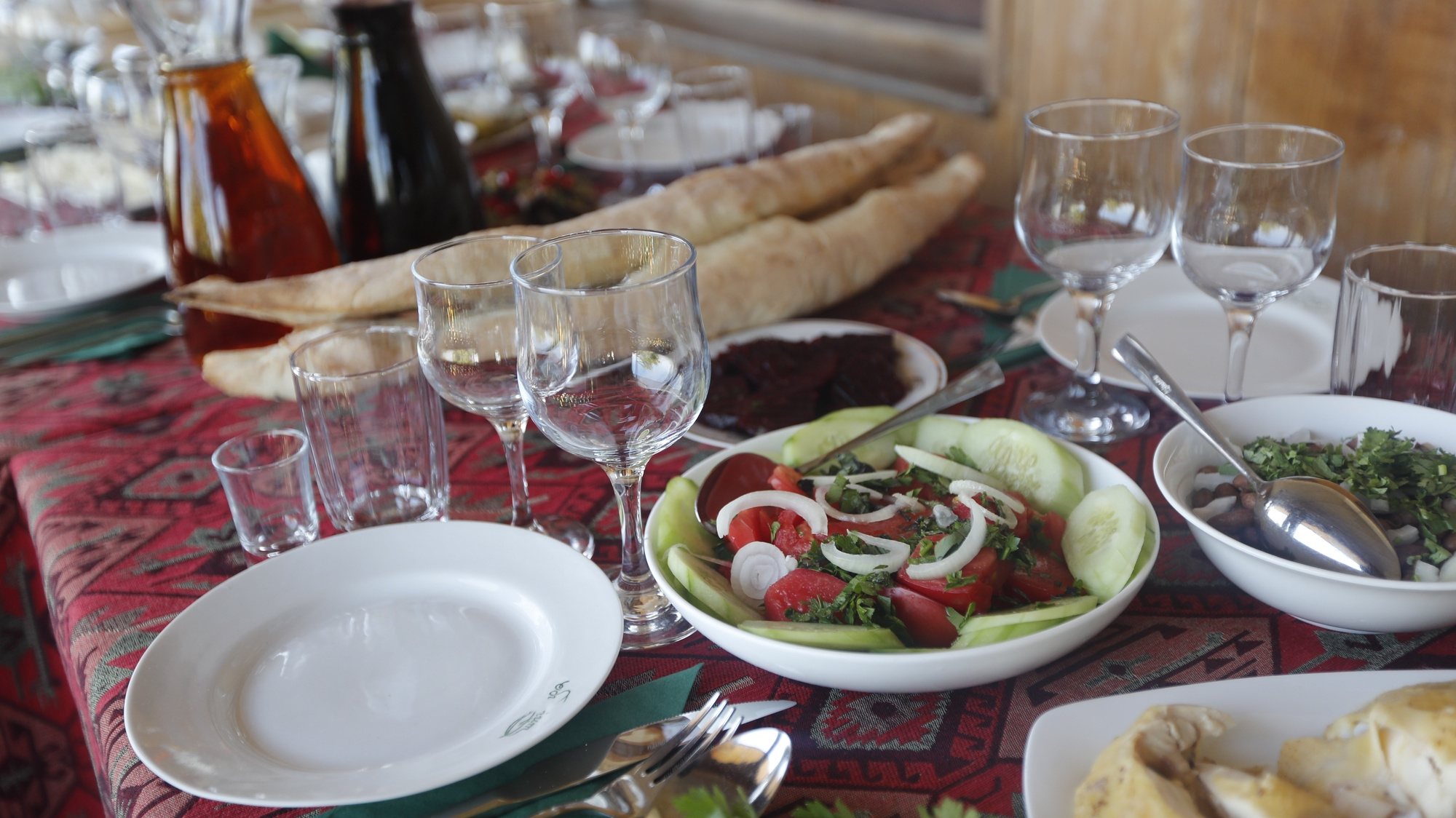Considered a “threat”, the EU food system is not accessible enough for the population. Reliance on imports of “expensive” agricultural raw materials encourages “unhealthy consumption.”
Nearly 38 million people in the European Union (EU) do not have access to sufficiently healthy and sustainable food, the non-governmental organization WWF warned on Wednesday, assuring that it is a trend that has been growing since 2015.
In a report released Wednesday, the World Wild Fund for Nature [Fundo Mundial para a Natureza] stated that the The current EU food system is a threatsince it relies heavily on the import of “expensive” agricultural raw materials, such as fertilizers, to support intensive agriculture, “encouraging unhealthy consumption”.
“The EU food system is driving biodiversity loss and climate change, at the same time as doing Extremely difficult for many citizens the access to healthy and sustainable food“, said Giulia Riedo, responsible for WWF’s sustainable food and agricultural policy.
Deco receives 31,500 aid applications in 2022 before the cost of living and records
In Europe, the proportion of arable land used to feed livestock is higher than the world average, as more animal products are consumed per capita and there is a strong export market for animal products, according to the document.
The NGO pointed out that if the production of crops of plant origin is encouraged and meat consumption is reduced, the import of feed and the use of fertilizers would be reduced by 23.4% and, with the reduction of costs, healthy eating . it would be more accessible.
In addition, the report noted that the EU is particularly “vulnerable” to distortions in the fertilizer market, as they account for 18% of raw material costs for crops.
In the EU countries there are 179.9 million hectares of agricultural land, of which 74% is fertilized.
WWF ensures that reducing feed consumption by animals, particularly those from intensive factory farming systems, which are highly dependent on imported feed and fertilisers, would reduce the total amount of land needed and would have beneficial effects for the environment, human well-being and health. Human health.
Work highlights Portuguese pioneering in the use of new food products
“Food and fertilizer imports disrupt nutrient cycles, are an inefficient use of calories, and have significant environmental impacts,” WWF noted.
The EU legislative framework for sustainable food systems, the organization noted, must set out a vision for 2050 and ensure coherence between food-related policies.
The report considered that this community policy must include binding intermediate and final goals that apply to the entire food system, from production to consumption, and include an evaluation mechanism that monitors all progress.
According to WWF, the European Commission’s “Farm to Fork” strategy gives Europe “the opportunity to be a net exporter of calories, nutrients and protein, while improving food security and long-term resilience.”
Source: Observadora
